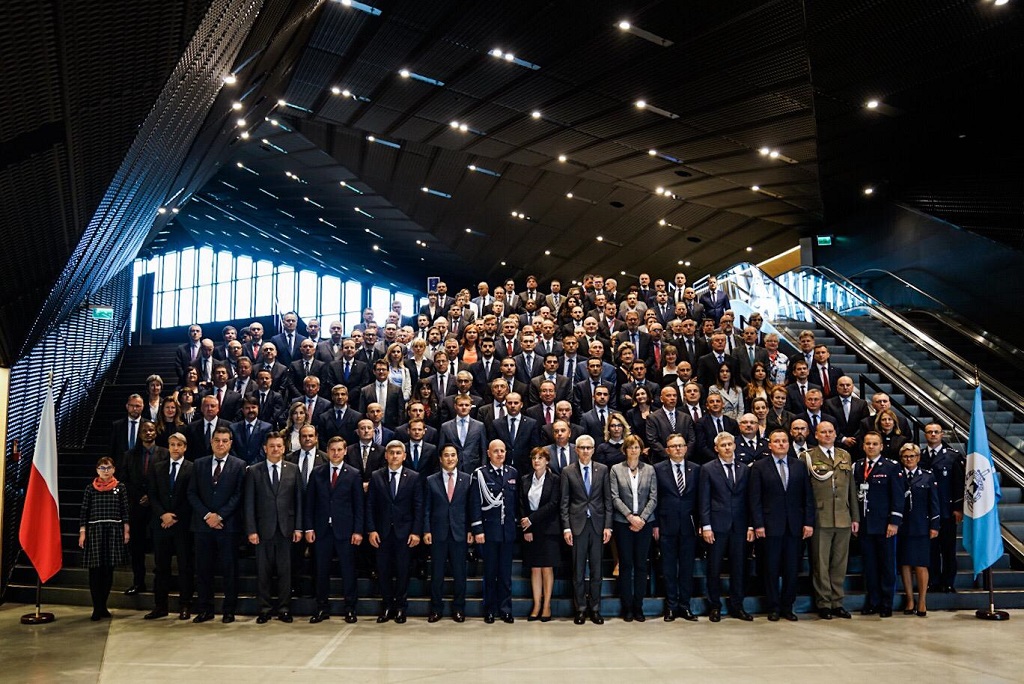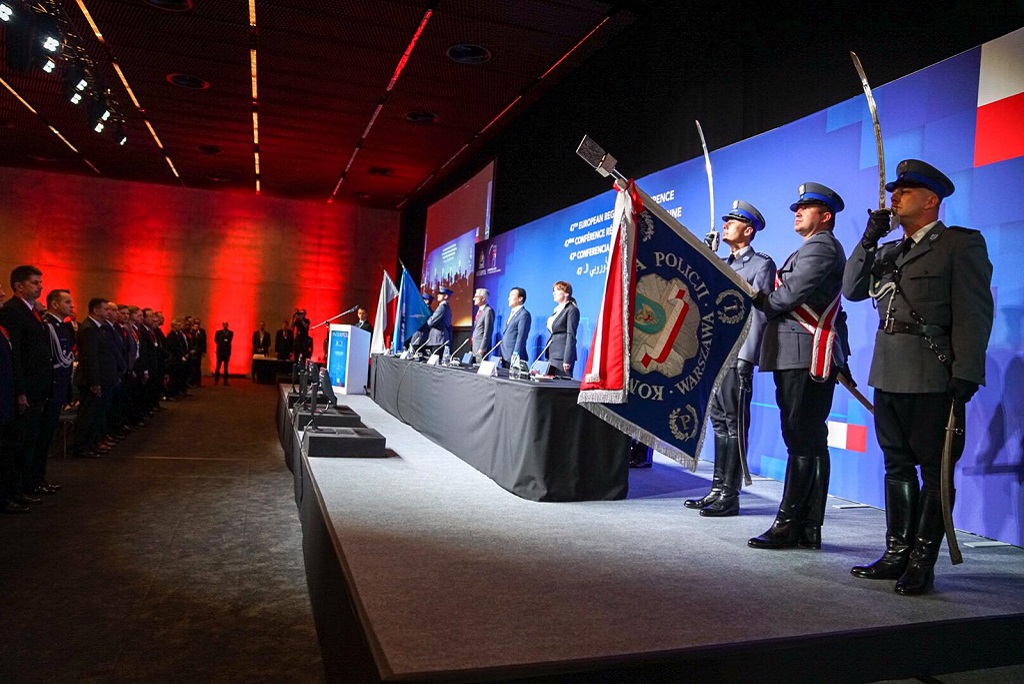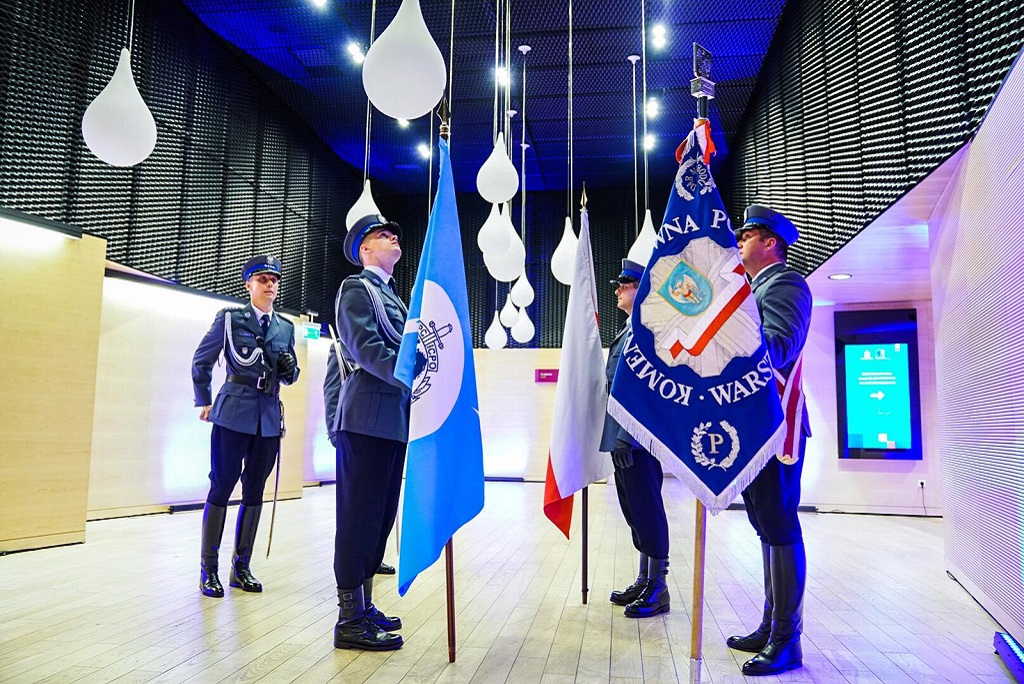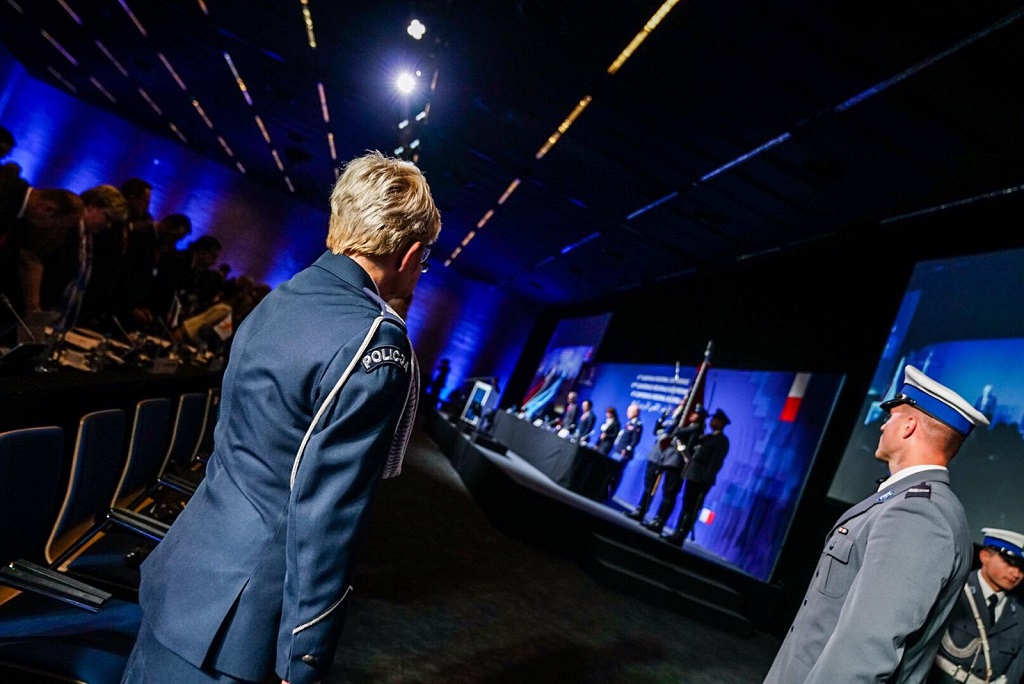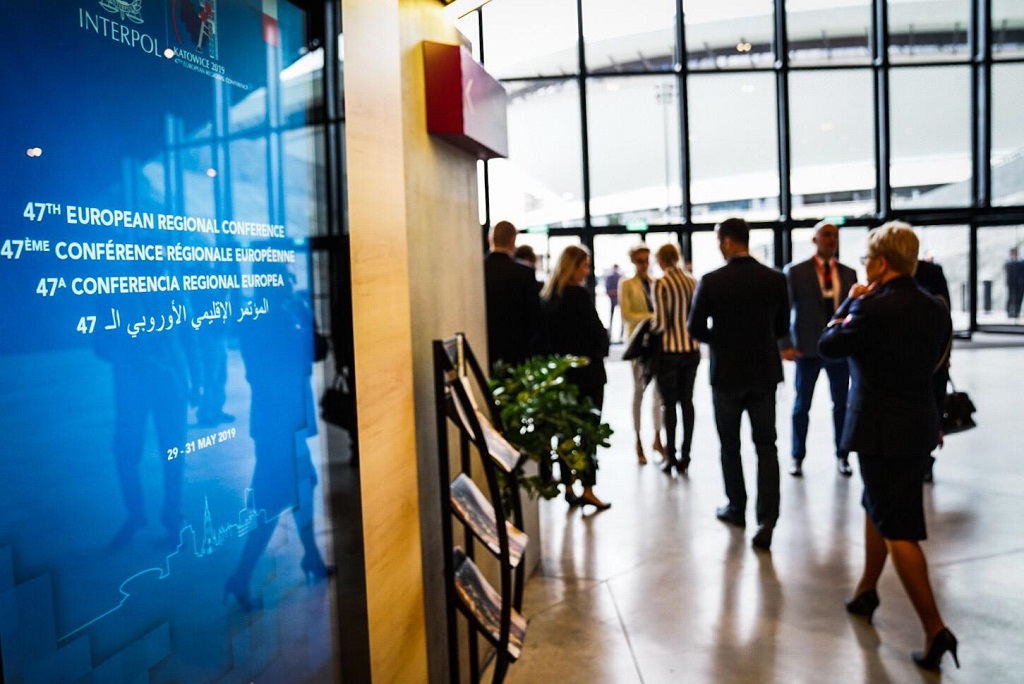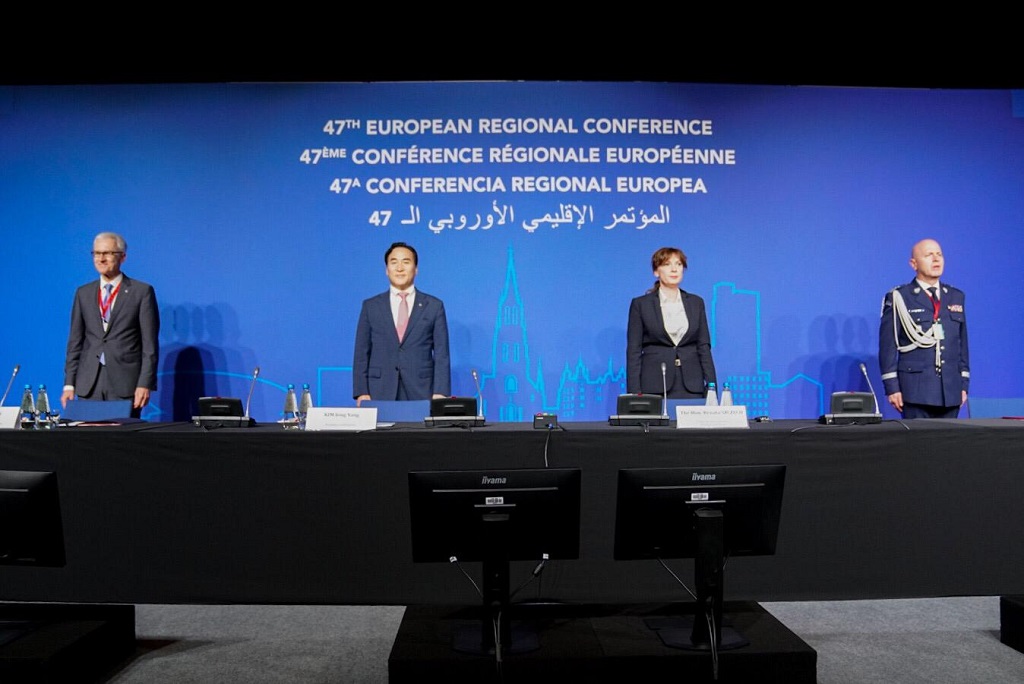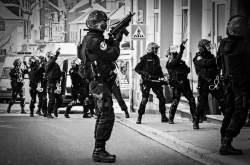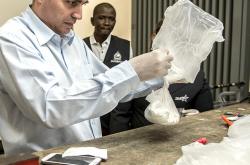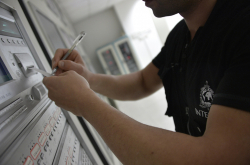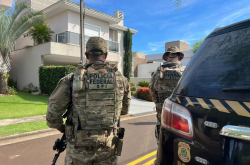KATOWICE, Poland – Increased drug flows into Europe and the threat of returning foreign terrorist fighters (FTFs) are two key security concerns being addressed at an INTERPOL conference for the region.
The liberation of all Daesh-held population areas in Syria means FTFs are now likely to scatter around the globe, to other conflict zones, their countries of origin, or to carry out attacks such as the Sri Lanka bombings.
Ensuring frontline officers have access to information contained in INTERPOL’s global databases, including details of more than 50,000 FTFs and 86.2 million lost and stolen travel documents, is key for enhancing national and regional security.

Opening the 47th INTERPOL European Regional Conference, Poland’s Undersecretary of State Renata Szczęch said, “With criminal networks often the early adopters of technological solutions, we need to do our best to stay one step ahead, and INTERPOL has a key role to play in this regard.
“The need to further strengthen our cooperation persists and keeping this in mind, we commit ourselves to making another step on the way to a more secure Europe,” said Undersecretary Szczęch.
INTERPOL President Kim Jong Yang said the European region continued to spearhead police cooperation and innovation to address today’s global security challenges.
“As the saying goes, ‘the future belongs to those who prepare for it today’. This conference once again sees Europe at the forefront of INTERPOL’s work to make the world a safer place,” said President Kim.

Commander in Chief of the Polish National Police, Jarosław Szymczyk said: “These three days will help us focus on key issues and challenges faced by law enforcement in all European countries, and strengthen our ties in combating drug crime, money laundering and terrorism financing.”
To assist European member countries combat drug trafficking which is reaching record levels, in April this year INTERPOL launched the RELIEF database which was developed for the Organization by the Czech Republic.
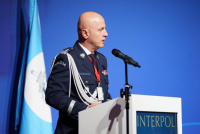
RELIEF’s purpose is to help law enforcement better identify the origin and routes of drug deliveries and shipments through automatically comparing the tool-marks, logos and chemical compositions of drug packages.
INTERPOL Secretary General Jürgen Stock said whilst the threat of terrorism continues to dominate headlines, every day police officers on the ground continue to tackle a wide spectrum of crimes.
“Today there are no purely regional criminal threats. Women, children and men are enslaved by human traffickers and smuggled across borders, an unprecedented supply of drugs is being routed to Europe from Latin America, whilst cyber criminals carry out attacks from all corners of the globe.
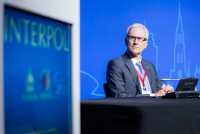
“When an officer begins an investigation, they do not know where it will take them, but one thing is certain, INTERPOL’s global network means assistance can be provided from around the world. It also means there is nowhere for criminals to hide,” added the Secretary General.
INTERPOL’s European region is the most active, having already conducted more than 1.2 billion searches of the Organization’s databases in 2019, nearly half of all checks made globally.
More than 170 senior police officials from 55 countries are attending the three-day (29 - 31 May) meeting which will also address stolen works of art links to money laundering and enhancing biometric information sharing to counter terrorism.
Countries involved
Related news
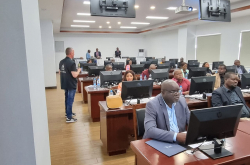
Border security threats focus of STOP operations in Africa
8 December 2023




